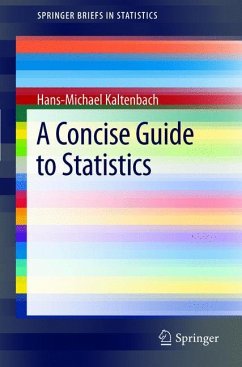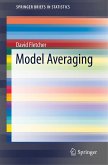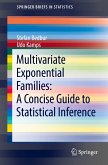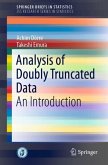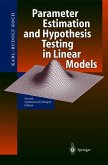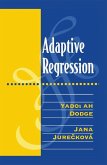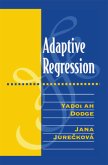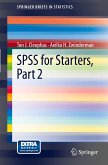The text gives a concise introduction into fundamental concepts in statistics. Chapter 1: Short exposition of probability theory, using generic examples. Chapter 2: Estimation in theory and practice, using biologically motivated examples. Maximum-likelihood estimation in covered, including Fisher information and power computations. Methods for calculating confidence intervals and robust alternatives to standard estimators are given. Chapter 3: Hypothesis testing with emphasis on concepts, particularly type-I , type-II errors, and interpreting test results. Several examples are provided. T-tests are used throughout, followed important other tests and robust/nonparametric alternatives. Multiple testing is discussed in more depth, and combination of independent tests is explained. Chapter 4: Linear regression, with computations solely based on R. Multiple group comparisons with ANOVA are covered together with linear contrasts, again using R for computations.
From the reviews:
"This slender volume ... covers the basics of probability, estimation, hypothesis testing, and regression. The book would be a good refresher for someone with a basic background in statistics ... . Overall, this is a very nice presentation of fundamental statistical methods for basic research. The writing is clear, and the mathematical presentation is careful and accurate. ... Kaltenbach's book will ... be a good addition to the bookshelves of statistics students. Summing Up: Recommended. Upper-division undergraduates." (R. L. Pour, Choice, Vol. 49 (11), July, 2012)
"This slender volume ... covers the basics of probability, estimation, hypothesis testing, and regression. The book would be a good refresher for someone with a basic background in statistics ... . Overall, this is a very nice presentation of fundamental statistical methods for basic research. The writing is clear, and the mathematical presentation is careful and accurate. ... Kaltenbach's book will ... be a good addition to the bookshelves of statistics students. Summing Up: Recommended. Upper-division undergraduates." (R. L. Pour, Choice, Vol. 49 (11), July, 2012)

